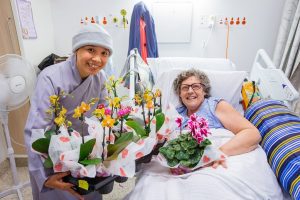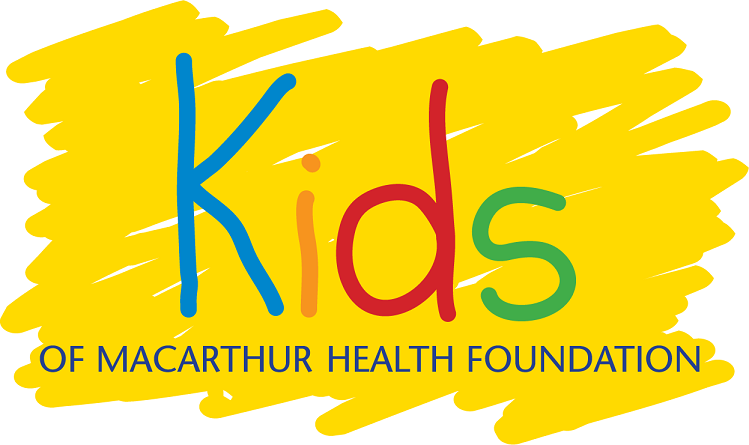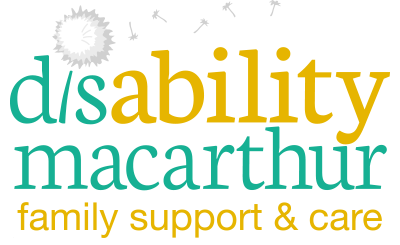
The award winning PEACH palliative care program enables people with a life limiting illness to live well right to the end and has gained plenty of positive attention for South Western Sydney Local Health District.
SWSLHD palliative care manager Janeane Harlum said the highly tailored program supports this year’s theme for National Palliative Care Week by enabling more people to fulfil their wish of dying at home with access to patient centred care.
“The PEACH Program includes personal care during the day, a visit from an evening registered nurse and video support with a night nurse as they reach the end of their life,” Ms Harlum said.
“Our staff work in partnership with a patient’s GP and community nurses,” she said.
The time may come in a person’s life when the focus turns from cure to comfort which Ms Harlum said is why volunteers are such an important part of the patient journey.
“Not only do palliative care volunteers provide support and companionship to patients and their carers, they also provide a link between healthcare professionals,” she said.
“Initiating a conversation about death and dying can be a difficult thing to do, which is why we’re continuing efforts in this space.’’ The District has joined the Agency for Clinical Innovation and Western Sydney University lead researcher Dr Ann Dadich in a study to promote brilliance in evidence based palliative care.
[social_quote duplicate=”no” align=”default”]“We are collaborating with clinicians to determine conditions associated with providing extraordinary care for people with life threating conditions and their carers,” Dr Dadich said.[/social_quote]
Through the use of video, Dr Dadich said the study aims to understand the elements of palliative care that exceeds expectation and brings delight during what might otherwise be a difficult situation.
“As part of the study, a number of clinicians, patients, and family members have graciously permitted my colleagues and I to video-record clinical interactions; clinicians then watch and analyse these recordings to identify the conditions that make their care brilliant,” Dr Dadich said.
“Analysing the footage enables the clinicians to reflect on what they do, how they do it, and why they do it.
“And by understanding how they do this so brilliantly will offer lessons from which others can learn.”
For more information:
• Click here for the PEACH Program or contact the program manager on 8738 8863;
• Click here for Brilliance in Palliative Care Nursing project;
• Click here on becoming a palliative care volunteer;
• Click here on palliative care in SWSLHD.




